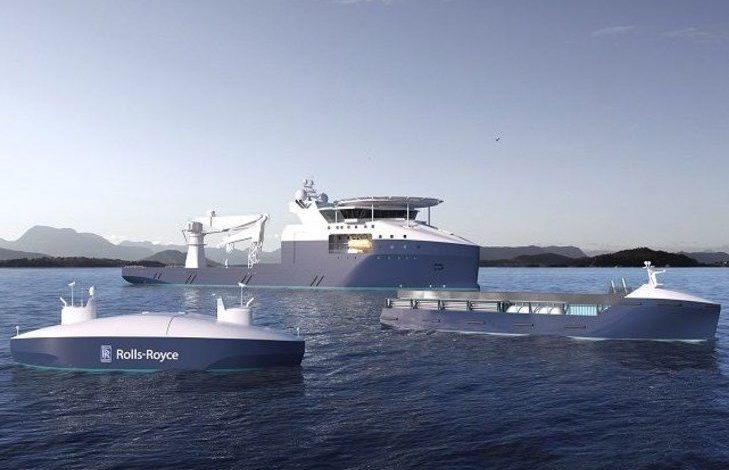Rolls-Royce joins forces with Google in autonomous ship quest

Rolls-Royce has signed a deal with Google to develop further its push for autonomous ships.
The agreement, believed to be the first in the marine sector, was signed today at the Google Cloud Summit in Sweden. It allows Rolls-Royce to use Google’s Cloud Machine Learning Engine to further train the company’s artificial intelligence (AI) based object classification system for detecting, identifying and tracking the objects a vessel can encounter at sea.
Karno Tenovuo, Rolls-Royce’s SVP of ship intelligence, said: “While intelligent awareness systems will help to facilitate an autonomous future, they can benefit maritime businesses right now making vessels and their crews safer and more efficient. By working with Google Cloud we can make these systems better faster, saving lives.”
The Google Cloud Machine Learning Engine uses the same neural net-based machine intelligence software which powers many of Google’s products including image and voice search. Machine learning is a set of algorithms, tools and techniques that mimic human learning to solve specific problems. Machine learning methods analyse existing data sets with the objective of learning to recognise patterns in training data, making predictions from previously unseen data.
“The bigger the data set the more complex the patterns the model can recognise and the more accurate the predictions. Today, well trained machine learning models can perform predictive analytics faster and better than a human,” Rolls-Royce relayed in a release.
Rolls-Royce will use Google Cloud’s software to create bespoke machine learning models which can interpret large and diverse marine data sets created by Rolls-Royce.
In the longer term, Rolls-Royce and Google intend to undertake joint research on unsupervised and multimodal learning. The two companies will also test whether speech recognition and synthesis are viable solutions for human-machine interfaces in marine applications. They will also work on optimising the performance of local neural network computing onboard ships using open source machine intelligence software libraries such as Google’s TensorFlow.
